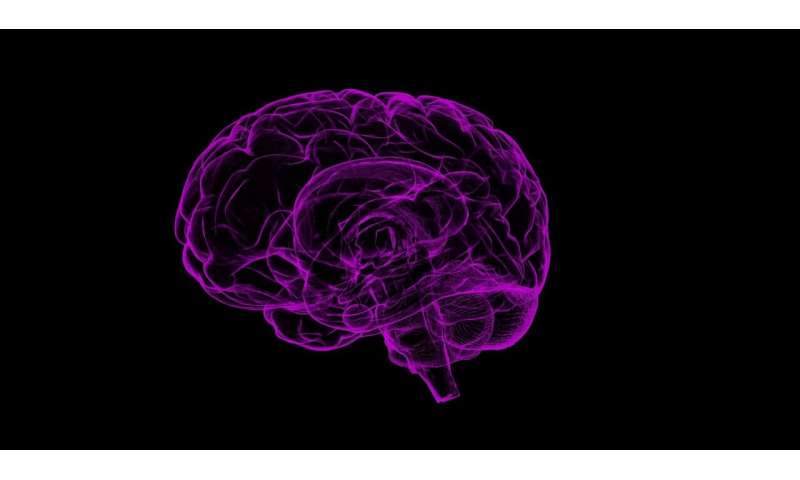
By using a combination of artificial intelligence and brain imaging technology, researchers have discovered that humans can be trained to rationally use the unconscious contents of their mental processes. The study, published in the journal Nature Communications, could open the way to important new approaches in neuroscience and artificial intelligence, but also lead to novel applications in clinical, educational or social settings.
Humans are conscious beings, yet most of the activity in the brain remains nonconscious. Can people harness this hidden pool of information? Notably, one important challenge is the astronomical vastness and complexity of such nonconscious information. How can the human brain know what aspects of such complex activity may be relevant, given that it is by definition nonconscious and thereby unknown? There is no magic formula to solve this problem, and research in artificial intelligence suggests that even the best of our current algorithms struggle to handle this vastness of dimensionality in everyday, real-life problems.
The international team used a state-of-the-art method to read nonconscious brain states in real-time. This technique used brain scanning to monitor and detect the occurrence of specific complex patterns of activity that were then used to determine the optimal answer to a simple action selection. In the learning sessions, participants received a small monetary reward if they selected the correct option, which was determined based on their nonconscious brain activity.
This experiment allowed researchers to show how participants can learn to use the nonconscious contents of their minds to make profitable decisions. Interestingly, although based on their self-reports, participants were not aware of the learning; when they were confident in their choices, they were also more likely to be correct and receive a reward. This suggests an unexpected form of nonconscious metacognition—the participants were not aware of learning per se, but some brain mechanisms must know” These striking results illustrate the power of the nonconscious mind and how important our feeling of confidence may be in everyday life.
Project lead Dr. Aurelio Cortese, senior researcher at the Advanced Telecommunications Research Institute International, Kyoto, says, “Strikingly, participants were taught to make rational choices on their own nonconscious brain activity through a very simple trial-and-error learning procedure. The extent of this learning was predicted by participants’ ability to self-introspect in their decisions. Such approaches may be used in the future to improve ‘dormant’ skills.”
Dr. Hakwan Lau, professor in the UCLA Psychology Department, a co-author on the study and a leading expert in confidence and metacognition, says, “This study is unique in its kind in that it shows, for the first time, the depth of the human brain’s ability to reconfigure and learn in conditions we would have thought as impossible until recently. The fact that confidence seemed to support participant’s ability to learn the task nonconsciously opens new questions on its function and role in guiding behavior.”
Dr. Mitsuo Kawato, director of the Computational Neuroscience Laboratories at ATR, Kyoto, was the senior author on the study, and has pioneered the state-of-the-art technology that led to the inception of this study. He says, “One of the most challenging questions in modern neuroscience and artificial intelligence is how can the brain solve the ‘curse of dimensionality.’ There are billions of neurons in the brain, and most of its activity is complex and nonconscious. How to efficiently make the best decisions when time and experience are generally so limited? Here we provide a first indication by showing that our feeling of confidence may be part of the answer.”
Source: Read Full Article
